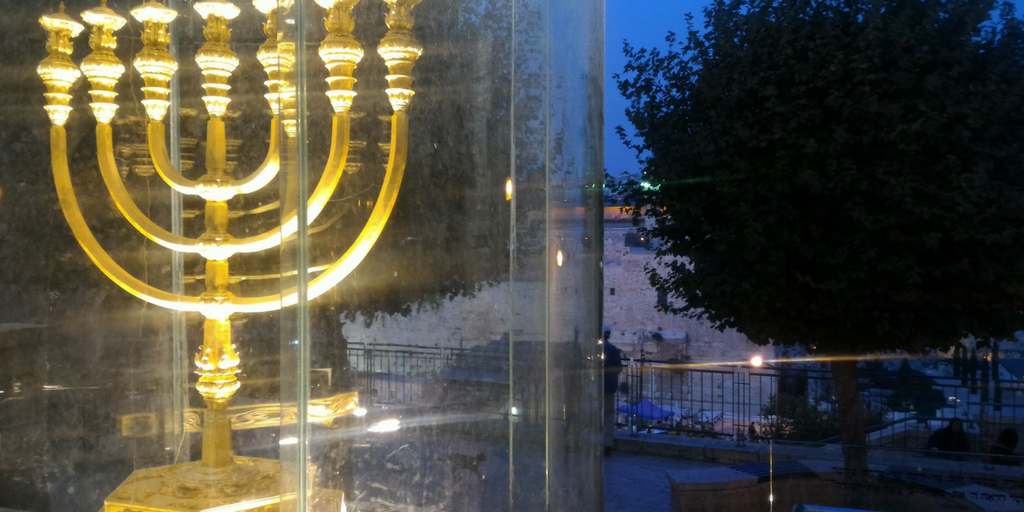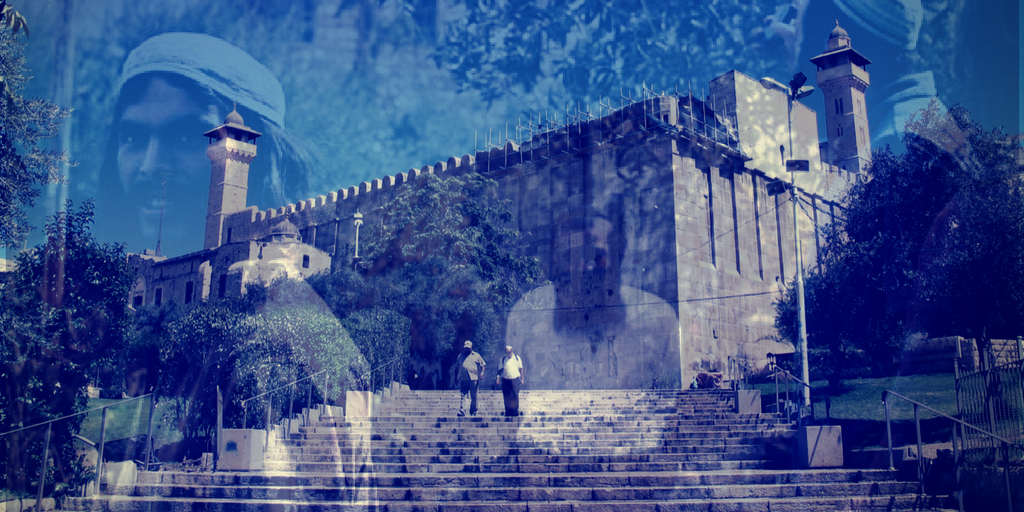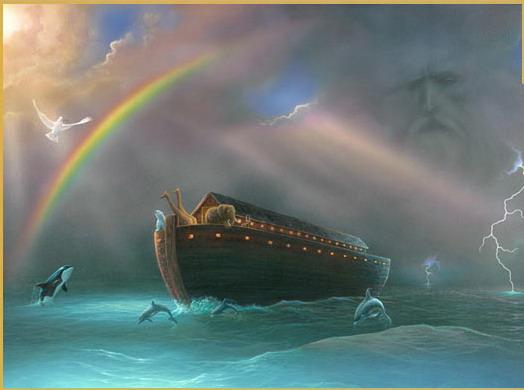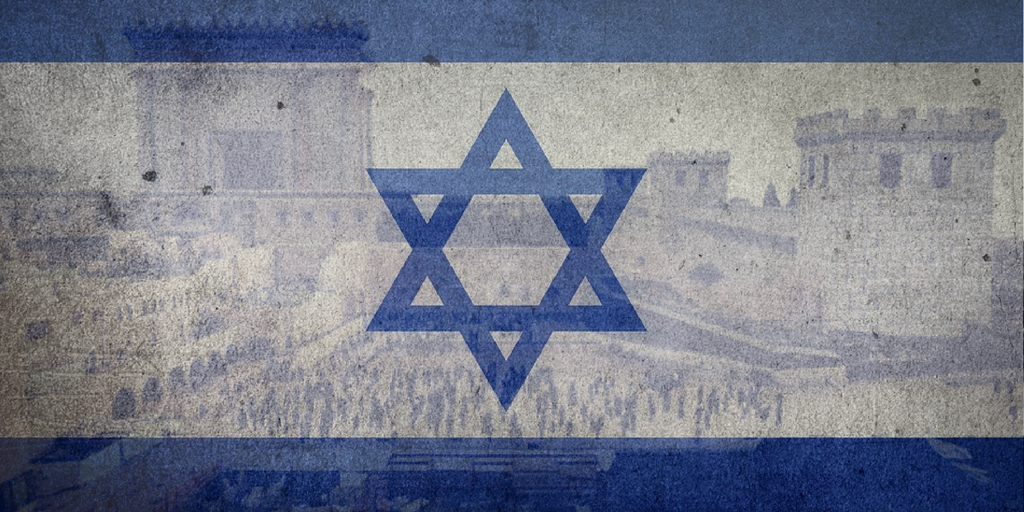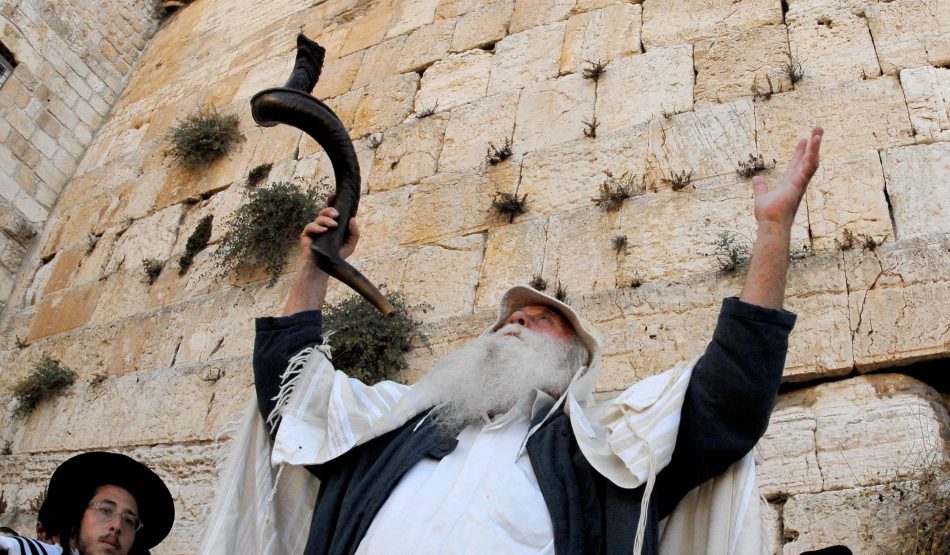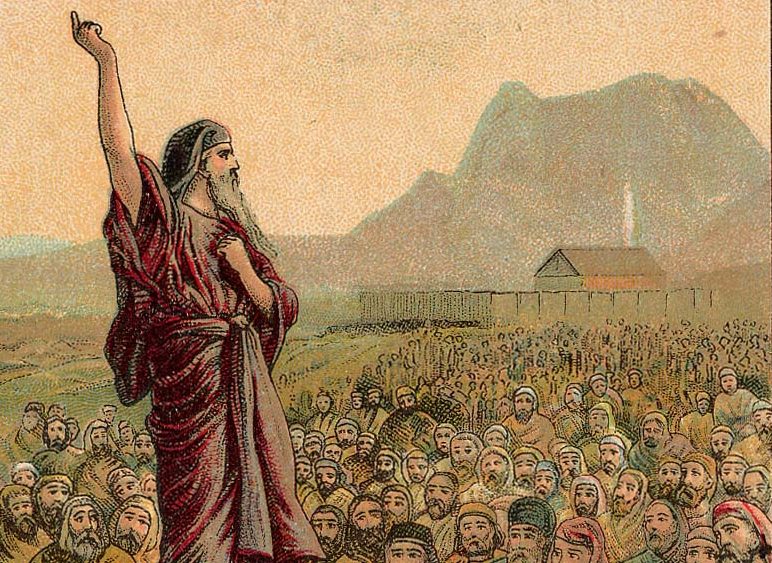The most unbelievable example of Avraham’s loyalty to the Kadosh Barukh Hu is universally understood to be the episode of the Akeidah. Here Avraham is commanded to bring his son Yitzḥak to the future Temple Mount and slaughter him there as an offering to HaShem. It is difficult to imagine a person prepared to sacrifice the son for whom he had waited his entire life. But it is precisely here that we clearly see the Hebrew patriarch submit his entire will to his love for – and dedication to – HaShem’s Ideal for this world.
Our Sages question, however, why the Kadosh Barukh Hu would even command the Hebrew patriarch to perform such an act – an act that would not only cost Avraham his son but also undermine the message he had been promoting for decades. In a society rife with idolaters sacrificing children to false gods, the repudiation of child sacrifice was central to the Hebrew creed. Why was it necessary for HaShem to put His most loyal and passionate servant through such a painful test?
With the Akeidah, Avraham performed a profound act of tshuva m’ahava(return/atonement from love). This tshuva was necessary for his transgression of forging a covenant with King Avimelekh of Grar. In that treaty, Avraham had agreed to cede portions of Eretz Yisrael to a foreign people in exchange for a number of generations free from conflict.
“And it happened after these things that G-D tested Avraham and said to him, ‘Avraham,’ and he replied, ‘Here I am.’” (BEREISHIT 22:1)
According to the Rashbam, the phrase “after these things” refers to the events of the previous verses. Avraham’s agreement with Avimelekh was in opposition to HaShem’s plan because the Land of Israel had been specifically designed for Avraham’s offspring, who would later be commanded to free it from foreign rule. The descendants of Avimelekh would ultimately use Avraham’s treaty in order to thwart the Hebrew Nation’s conquest of Eretz Yisrael (see Rashi on SHMUEL II 5:6). Therefore, the Kadosh Barukh Hu aggrieved our patriarch (rendering nisa as “aggrieved” instead of “tested”) with so distressing a trial as if to say “You became haughty because I gave you a son, and you went so far as to make a treaty between your descendants and theirs. Now sacrifice that son and see what value your treaty will have.”
In Mesillat Yesharim, Rabbi Moshe Ḥaim Lutzatto concurs with the Rashbam’s understanding, explaining that the binding of Yitzḥak was an act of tshuva for the transgression of relinquishing portions of Eretz Yisrael. Avraham’s appropriate response to this sin was his readiness to sacrifice that which was most precious to him in accordance with HaShem’s command. With this Avraham proved his complete loyalty to the Kadosh Barukh Hu.
“Now I know that you are a G-D fearing man, since you have not withheld your son, your only one, from Me.” (BEREISHIT 22:12)
Our Sages teach, “How great is repentance out of love, for even intentional sins are transformed into merits.” Indeed, once Avraham repented at the Akeidah (Yoma 86b), he merited for HaShem to swear:
“Because you have done this thing, and have not withheld your son, your only one, that I shall surely bless you and greatly increase your offspring like the stars of the heavens and like the sand on the seashore; and your offspring shall inherit the gate of its enemy. And all the nations of the earth shall bless themselves by your offspring, because you have listened to My voice.” (BEREISHIT 22:16-18)
While a deep understanding of events allows us to appreciate how Avraham’s transgression provided the opportunity for him to ascend incredible heights through an unbelievable act of tshuva, it is also important to recognize that Avraham had only the purest intentions when consenting to the treaty with Avimelekh of Grar.
Peace is a treasured ideal that the descendants of Avraham must continuously strive for, both in our personal lives and in our collective national life. Israel is destined to be HaShem’s instrument in leading mankind to an era of Shalom – a goal so lofty that it is even included as one of G-D’s Names. In order to lead the world to Shalom, however, Israel must first understand what this goal actually is and how to practically bring about its complete realization. It therefore becomes necessary to shed the superficial contemporary definitions of peace in order to properly learn the Torah concept of Shalom.
True Shalom cannot be obtained through egoistic motivations of honor, wealth or self-interest (as would be the case in defining it as the mere absence of war). Nor can it be achieved through people who seek to impose their will on others (such as an oppressor nation forcing its values on indigenous populations at the expense of that population’s traditional culture). True peace can never be acquired by rejecting the claims of other peoples. It can only be achieved when leaders are motivated by altruistic goals firmly rooted in Emunah that allow them to recognize the unique beauty and truth within all of the differing opinions and movements so that they can all be elevated as crucial components of HaShem’s ultimate design for the world.
The Hebrew Nation is Divinely commanded to be sovereign over the entire Land of Israel. It is through this earthly political sovereignty that HaShem’s blessing flows into our world, nourishing and uplifting all of existence as we know it. For the sake of mankind and the fulfillment of our destiny, Am Yisrael must safeguard our connection to Eretz Yisrael. Any infringement of Hebrew sovereignty over our borders would essentially be a war on HaShem’s Will for Creation. If another people were to insist on fulfilling its national aspirations in Eretz Yisrael, that people’s spiritual compass would be off course and its conscious national will not yet aligned with HaShem’s. As Rashi explains regarding the first verse of our Torah, the Kadosh Barukh Hu assigned the Land of Israel to the Nation of Israel. While one of Israel’s key functions in this world is to ultimately assist each people in expressing its inner essence and reaching its full potential in harmoniously contributing to the international community, it is crucial to remain aware that any national aspirations that contradict our Torah are actually external to that people’s inner essence and not a legitimate expression of its historic purpose.
It is Israel’s mission to bring our world towards the recognition of HaShem as the timeless ultimate Reality without end and the active Force behind all nations, movements, ideologies and events. By recognizing the Divine inner fabric of existence, Shalom can be achieved through aligning all of Creation with the Kadosh Barukh Hu’s all-encompassing plan. As the heart of humanity, Israel is to direct all nations and movements so that each may be uplifted to find its proper place, expression and function within HaShem’s Divine blueprint for the story of man. Shalom is achieved, not by suppressing parts of the whole, but rather when all the various forces that seem to contradict are allowed to express their fullest and purest inner essence, all under the unifying canopy of a more inclusive Divine Truth.
[huge_it_share]

